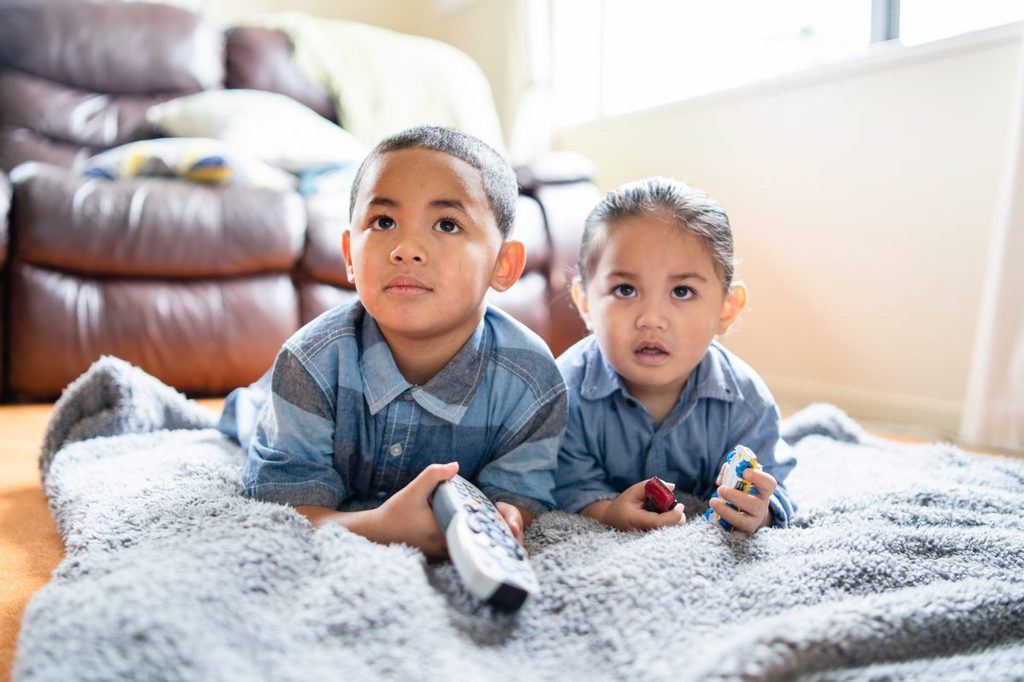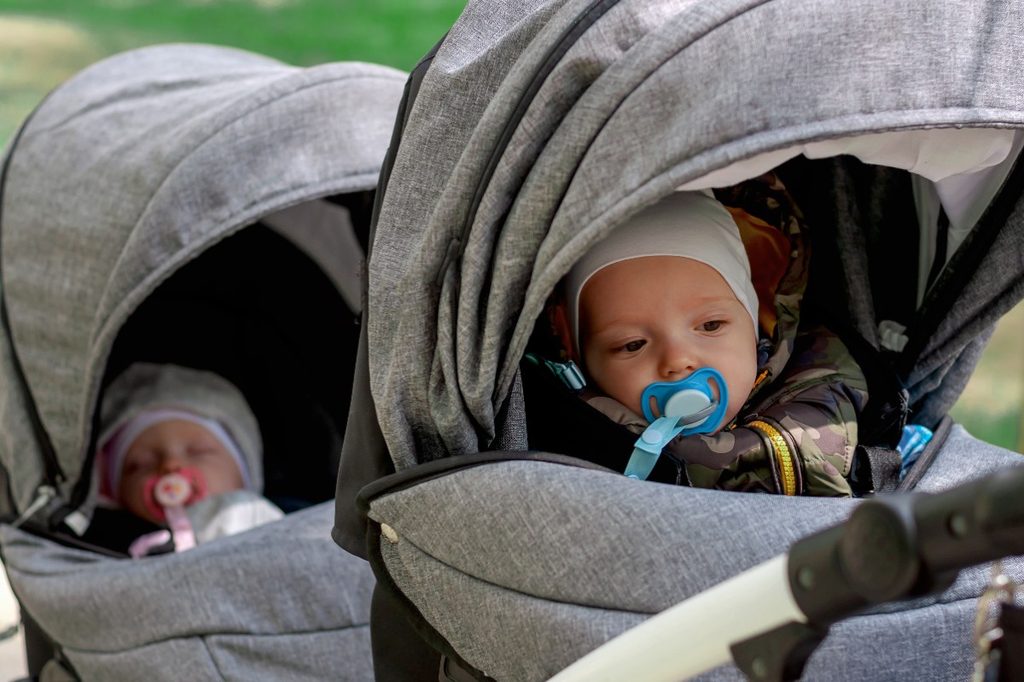
Finding out you are having twins would be quite a shock if you weren’t expecting it. But once you know that’s what you’re having, you can’t help but wonder what you will have. Identical? Fraternal twins? Parents of twins immediately want to know what type of twins are in there. Rightly so, because buying two of everything will be both adorable and expensive. Here’s what you need to know if having fraternal twins is in your future.
The fraternal rundown

What are fraternal twins?
The most basic way to explain how you get fraternal twins is when two separate eggs are fertilized by different sperm. The more scientific term is dizygotic twins, but are known as non-identical twins. To round things out, identical twins, known as monozygotic twins, happen when one egg is fertilized from one sperm and then splits to create two mini humans.
Fraternal twins statistics
Having twins at all is still relatively rare. For every 100 births, at most, there will be a chance of twins (or triplets or more). When it comes to having twins, the chances of them being fraternal are the most common. Out of 1,000 sets of twins, around 23 of them will be fraternal, compared to only 3 or 4 out of 1,000 births being identical twins.
Why fraternal twins don’t look alike
Giving birth to fraternal twins is no different than having children one after another, genetically speaking. They are two eggs, two sperm, two embryos, two placentas, and two inner sacs. It is two different humans that happen to be growing at the same time.
Fraternal twins will share the same amount of genetic material as regular siblings, which is why they don’t look exactly alike as identical twins do. Each twin shares half of everything, just like siblings that were carried at different times.
Factors that affect having fraternal twins

How fraternal twins can happen
- If the mom is a fraternal twin, her chances of having fraternal twins is 10%.
- Older mothers have a higher chance of having fraternal twins.
- Race does play a part in the odds.
- Being a taller female that weighs more.
- Having already given birth.
Twins run in the family, especially so if Mom is a fraternal twin herself. Waiting to have kids later in life will bump up your chances of having children. A woman over 35 doubles the odds of having fraternal twins. Women who give birth in their 20s have the lowest chance of fraternal twin birth.
Race does come into play for fraternal twins, with those of Asian descent having the least chance and Black African American women having the highest chance for this type of birth.
While not entirely scientifically backed, having a diet heavy in sweet potatoes and yams and being a taller woman may increase the odds. Already being pregnant and having children is supposed to add to the chances, as well.
Risk factors of carrying fraternal twins

Having any form of multiple births can pose a risk for the mother. Once you find you are having twins, your doctor will monitor you a little more closely.
Risks of having fraternal twins
- Increased risk of placenta previa.
- Greater chance of gestational diabetes.
- Possibly longer and harder postnatal recovery time.
- Lower birth rate for the babies.
- Higher chance of premature birth.
- More likely to have a caesarian.
To be fair, these could happen having any form of multiples, or having any child depending on your personal history. But it’s best to be as prepared as possible.
If you’re having multiples, you will have more frequent checks than a woman carrying one child. You might have additional ultrasounds, general appointments, and special monitoring if you are having twins. The heightened attention starts around the third trimester.
Other fraternal twins facts

Needing medical assistance to become pregnant increases your chances
Medical intervention for having children has come a long way. Since the first test-tube baby birth in the U.S. in 1981, fertility methods and treatments have made multiple births more common. Thanks to implanting multiple embryos to hope one survives, there has been a jump in more than one sticking.
You will likely deliver early
Don’t worry if you don’t carry to full term when having twins. Most twin births happen by week 38, with week 32 being the minimum goal to get to. Week 36 is the average week of delivery, so if you’re carrying twins, know you need to be prepared sooner rather than later.
To know the type of twins
If you can’t wait until the birth to know what type of twins you’ll have, tests will need to be done. A DNA test will determine if your set of babies is identical or fraternal. Looks are a tip-off, as fraternal twins won’t look exactly the same when looking at features like eye and hair color. If you have one of each gender, that will tell you immediately, as only identical twins are the same gender.
Once the shock of knowing you’re going to have two little ones to chase after settles down, learn a bit about having fraternal twins. Know it doesn’t have to be as stressful as you think and won’t be that much different from being pregnant with one child. We can’t say that having two toddlers at once won’t put you a little on edge, but carrying fraternal twins shouldn’t be so bad.



